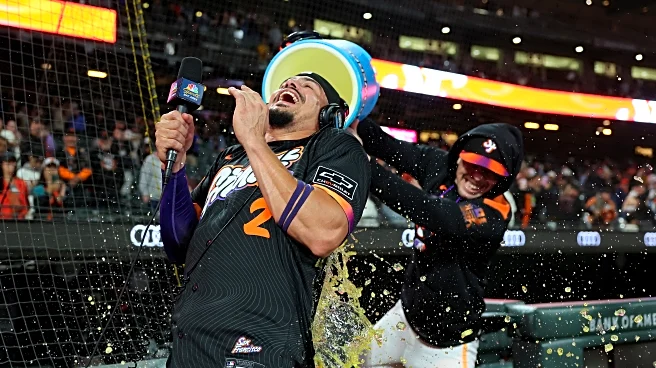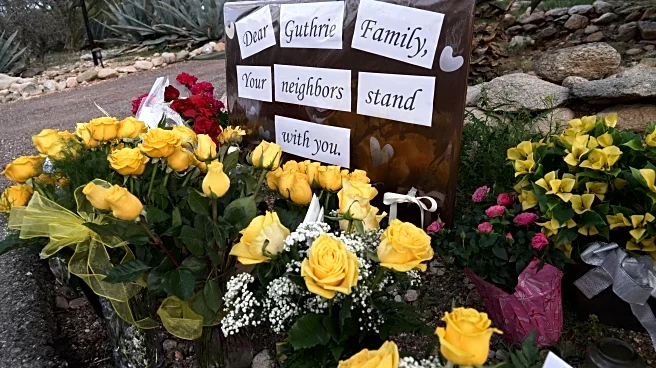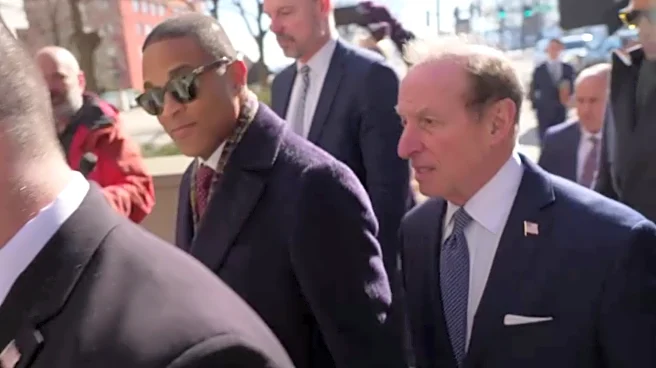Sometimes the tenor of a baseball game comes through in the opening moments. But of course, the gorgeous paradox that keeps us flocking to the TV for ninth inning after ninth inning, is the impossibility
attached to actually identifying that tenor in the moment.
On Monday, the San Francisco Giants fell behind the Arizona Diamondbacks early, using a plethora of their old tricks from the summer of doom: uncharacteristically poor command on the mound, irreconcilable errors in the field, and too many strikeouts in the box. But the Giant not only won that game, but did so in blowout fashion. Whatever meaning you attached to the opening innings had vanished by the time the high-five line took place, and even in hindsight, you’re not entirely sure when that occurred.
So when the Giants started Tuesday’s game with a bang, it wasn’t actually clear whether they were setting the mood for the game or just flirting with us. It was only when Ryan Walker recorded the final out in the top of the ninth — and the bottom of the frame was abandoned — that we could determine for sure that the tenor had been set early on.
It began even before the opening pitch. Shortly before Robbie Ray jogged onto the mound, nine innings in Philadelphia were completed, with the Phillies besting the free-falling New York Mets. The same Mets whom the Giants, as sellers, made a deadline deal with to aid them in their postseason run which is now in distinct jeopardy of being lost to the very team they bought from.
With that loss, the Mets lead over the Giants in the Wild Card standings dropped to 2.5 games, and would become an even two games flat when the Giants beat the D-Backs 5-3 (though it effectively remains at three games, as New York holds the tiebreaker).
The mood was thus set before Ray threw his first pitch (a strike looking to Ketel Marte), his second pitch (a strike swinging), his third pitch (a change-the-sightlines ball), or his fourth pitch (a strike swinging for the first K of the day).
But it’s at this point in the story where the two roads diverged and neither team could travel both, to completely bastardize the meaning of the famous poem. Ray went to work against Geraldo Perdomo, who battled, and battled, and battled, fouling off four pitches, overcoming an 0-2 start, and finally taking ball four on the 10th pitch of the at-bat.
Ray, frustrated and likely exhausted, was treated to an oh-so-early mound visit from his catcher, Patrick Bailey, who said the magic word. It took all of one more pitch for Ray to record the two outs needed to escape the inning, as superstar Corbin Carroll grounded into a double play.
On the other side of the frame, Heliot Ramos did some grinding of his own, forcing seven pitches out of Zac Gallen to open the first, and loading the count. Finally, Ramos took ball four for a leadoff walk, though in the interest of preserving the historical accuracy of this particular ballgame, it should be noted that no part of the baseball was particularly close to being outside the strike zone. It was one of the more egregious missed strike calls you’ll see, but the Giants are not in the apologizing for luck business; they’re in the capitalizing on luck game.
Rafael Devers also forced seven pitches out of Gallen, before also taking ball four, though his was at least called accurately. And then up came Willy Adames, with two on and no outs, facing a pitcher in dire need of throwing a strike. Adames anticipated some get-it-in heat on the first pitch, and swung out of his shoes, crushing the baseball loudly and sharply and directly into his own leg.
Usually when an athlete gets hurt — but not injured — I’m tempted to compare them to myself to put their grit on a pedestal. I bend over too far to put on my underwear and am out of commission for a week with whining and woe-is-me-ing galore, but these dudes take a rock hard object traveling faster than most of us have ever driven a car directly off their body and decide to keep playing their silly little game.
And such it was that Adames grimaced and winced and hunched over and limped and talked with trainer Dave Groeschner and winced some more and said some dirty words and hobbled around and tried to walk it off and shook his head and stepped right back into the batter’s box to play the next eight-and-a-half innings of baseball.
But the story is not that Adames is tough and I’m a wimp. The story is that the Giants are in the stage of their metamorphosis where they see obstacles in the road, smirk at them, leap over them, and flip them off as they walk away, not unlike the time in my youth where the highway patrol teamed up with fish and game to provide a routine checkpoint near the beach to stop cars during abalone season, and when they asked our family minivan if we “had any abs” in the vehicle, my pre-teen brother, six feet and counting and all of 110 pounds, jumped from the rear seat, lifted his shirt, and yelled, “only these ones, officer.”
And so Adames, still so clearly in the pain that comes from experiencing a very painful thing just two minutes ago, once again swung out of his shoes on a get-it-in heater from Gallen, and once again crushed the baseball loudly and sharply, this team towards, up, and over the bleachers.
A healthy dose of luck had turned into a run. A well-earned walk had turned into a run. Something painful enough that I’d still be talking about it in seven years if it happened to me had been overcome and turned into a run, and the Giants led 3-0.
The tenor of the game had been determined, even though we didn’t know it yet.
Ray cruised through the second, then struck out the side, in order, in the third, before easily working around a leadoff walk in the fourth. And then the Giants decided to add on.
In the bottom of the frame, the catalyst was, as it had been the night before, Matt Chapman, who led off the inning with a double. After Jung Hoo Lee reached on an infield single, Casey Schmitt hit the ball just deep enough to right field to set up a dramatic showdown at home plate, which Chapman won with style, pushing the lead to 4-0.
But the vibes and the tenor would be checked in the fifth, when Ray ceded back-to-back doubles to open the frame, and allow Arizona on the board. He would labor his way through the inning — his final one of the day — but not before allowing a stolen base and a sacrifice fly, departing after five innings with the lead cut in half.
The Giants are rolling, however, and teams that are rolling don’t flinch at the first punch. They return fire, and they have a tendency to do it in the ways you least expect, such as with power from their offensive weak point. It took only one pitch in the bottom half of the fifth for Patrick Bailey to smack a home run for the second night in a row, pushing the lead back to three runs.
It was the sixth inning, though, where the game was truly decided. Matt Gage replaced Ray and gave up singles to three of the first batters he faced. The third one proved doubly costly, as it not only scored a run — making a 5-3 game — but resulted in Ramos overthrowing the cutoff man, which allowed the runners to land at second and third, with still just one out. The game hung quite in the balance.
Bob Melvin took the ball from Gage and handed it to Joel Peguero, and I found myself torn between the angel of optimism and the devil of pessimism on my shoulders; and wondering which one Peguero opted for. He’s waited 10 years for the opportunity to pitch in the Majors, and now in his eighth game, is thrust into a make-or-break moment of a make-or-break series in a make-or-break stretch of season.
On the one hand, what could be scarier or more nerve-wracking? You’ve waited a whole career’s worth of time for this moment, and could easily cost your team the game, and perhaps yourself the next opportunity. On the other hand, when you’ve pitched in 285 games for 11 different Minor League teams, all in pursuit of a chance, what’s there left to be scared of? You’ve survived the times of not being good enough, the chances that never arrived, the exploitative salaries, the tough calls into the manager’s office. You’ve made it further than you ever were supposed to, so why fear failure when even that would be a success?
I probably would have opted for the nervous pessimistic route were I Peguero, which is just one of a few thousands reasons why my athletic career had as much success as Air Bud’s would have, had those movies been at all realistic. But Peguero, not surprisingly, chose the confident optimistic route. Staring down Tim Tawa with runners on second and third and just one out, Peguero mixed speeds all through the 90s, finally getting a 3-2 strikeout. And then, with the threat of the sacrifice fly removed, Peguero threw five straight triple-digit heaters at Adrian Del Castillo, then backed off with a 92-mph slider that was helplessly swung through.
For good measure, Peguero hung around for the seventh, which he handled easily, in order, and on just 11 pitches. The Giants have a whole lot of bullpen question marks after trading Tyler Rogers and Camilo Doval, losing Randy Rodríguez to a two-seasons-ending injury, and being unsure of where Erik Miller will be come March. But it sure looks like Peguero might be a part of the solution for 2026.
But for today, he was part of the solution for a 5-3 win. A 5-3 win that easily made it to the ninth thanks to a lovely eighth by Joey Lucchesi, who also looks like part of the solution. A 5-3 win that once again featured ninth inning drama when Walker gave up a single and a walk to start the frame, producing quite a hush over Oracle Park.
But a questionable — and poor — bunt attempt by Connor Kaiser resulted in Dominic Smith nabbing the lead runner at third for the first out. And a lazy pop up by Alek Thomas fell calmly for the second out. And Marte rolled over one for the third — and 27th — out.
A 5-3 win, made so much better by another Mets loss (and a Padres loss, as well). It seems, friends, that the Giants are right back in it.










